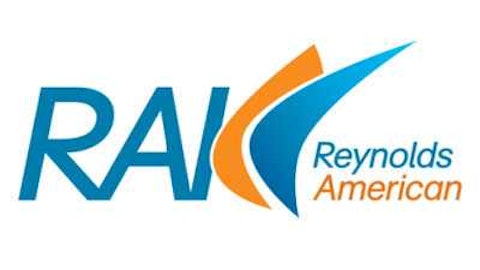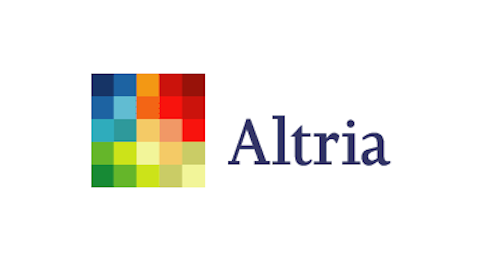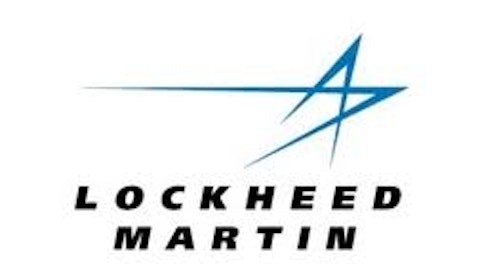According to a Nielsen Data analysis, the cigarette sales in the U.S. for the four weeks ending on January 19, 2013 rose by 1% year-over-year for the 15th consecutive month. Although the overall sales volumes were down, the higher pricing policies of the companies helped to overcome this weakness. Reynolds American, Inc. (NYSE:RAI) saw the steepest decline in volume by 7.2% year-over-year, but the price and mix grew by 3.9%, which was ahead of the industry average for the 17th time. Altria Group Inc (NYSE:MO) sales were up by 1.8%, helped by expansions of Marlboro NXT and Marlboro Southern Cut. The volumes of Lorillard Inc (NYSE:LO) increased by 12.6% and overall sales were better than the industry average. Various health-related concerns have affected the tobacco industry, resulting in declining sales. However, these companies are continuously trying to adopt different strategies to offset the declines. Let’s have a look at these three companies and what they have to offer to investors.

Reynolds American, Inc. (NYSE:RAI) reported its 2012 fourth quarter results with an EPS of $0.76, beating the consensus estimate of $0.73. The company saw some weakness in its cigarette segment, as the volumes were down by about 2.7%. The volumes of Reynolds brands Pall Mall and Camel were decent, but volumes for the rest of the portfolio were weak. A lower tax rate, increased cigarette pricing, and strong performance of the American Snuff Company & Santa Fe helped Reynolds to beat the estimated EPS. The decrease in volume of the cigarette segment raised some concerns, as it was below the average industry decline of 0.8%. For 2012, Reynolds’ cigarette shipment volumes decreased about 5.6%, as compared to the industry average of 2.3%.
However, despite the disappointing performance, the situation is not bad for the company. Its cost reduction plan seems to be on track and the benefit of credit with the settlement of Master Settlement Agreement (MSA) payment cannot be ignored. The MSA agreement was a deal reached in 1998 with 46 states, when Reynolds, along with Altria Group Inc (NYSE:MO), Lorillard Inc. (NYSE:LO), and others, agreed to restrict their advertising initiatives, create a fund for public education, and pay a part of the medical costs incurred by states to treat illnesses related to smoking. In December 2012, a dispute was settled with 17 states that introduced new methods to define future adjustments from 2013 onward. As a result, all tobacco companies will benefit from credits generated via this resolution.
Reynolds will be receiving credit of around $1 billion in MSA payments in the next five years. Of this amount, credit in 2013 could be approximately $200 million. The company indicated its intention to use the amount for expansion of its new products like Zonnic Nicotine Gum and Vuse, the e-cigarette. The credit will also be used to build the equity of four of its major brands: Camel, Pall Mall, Grizzly, and Natural American Spirit.
In March 2012 the company also initiated a cost reduction program with a goal of $25 million in 2012 and $70 million by 2014. Reynolds achieved the goal for 2012; even surpassed it a bit, and the plan seems to be on track for 2014. I see cost saving as a major source for its gross margin expansion in the future. The higher than the industry average decline in volumes of the cigarette segment shows the company’s weak situation as compared to the industry in general. However, cost savings and credit in the MSA payment should help the company’s performance in the short-run. In the long-run, some urgent actions are required for the recovery of volumes of the cigarette segment. My view for the stock is neutral.




